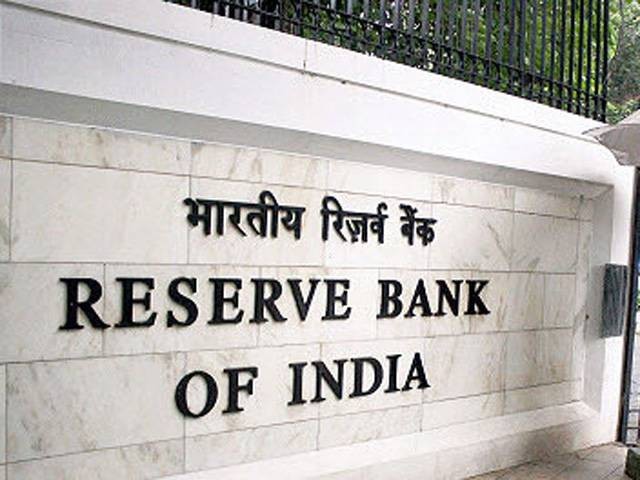
Providing a sigh of relief to the troubled micro and small industries segment, the RBI on Tuesday permitted a one-time restructuring of existing loans that are in default but "standard" as on January 1, 2019, without an asset classification downgrade.
Support for micro, small and medium enterprises (MSMEs) was one among the contentious issues between the Reserve Bank of India (RBI) and the government leading to the abrupt resignation of previous RBI Governor Urjit Patel last month and the immediate appontment of his successor Shaktikanta Das, who had earlier retired as the Union Economic Affairs Secretary.
The RBI in a statement said the issue of restructuring of MSME accounts was discussed in the meeting of the RBI board on November 19 when Patel was the Governor.
"The MSME issue has been examined in RBI and a view has been taken to facilitate meaningful restructuring of MSME accounts that have become stressed," it said.
"RBI has decided to permit a one-time restructuring of existing loans to MSMEs that are in default but 'standard' as on January 1, 2019, without an asset classification downgrade. The restructuring has to be implemented by March 31, 2020."
To be eligible for the scheme, the aggregate exposure, including non-fund based facilities of banks and non-banking finance companies (NBFCs), to an MSME borrower should not exceed Rs 250 million (Rs 25 crore) as on January 1, 2019, it added.
The apex bank has directed banks and NBFCs to make a provision of 5 per cent, in addition to the provisions already held, for accounts restructured under this scheme.
"Each bank/NBFC should formulate a policy for this scheme with Board approval which shall, inter alia, include framework for viability assessment of the stressed accounts and regular monitoring of the restructured accounts," the RBI said.


.jpeg)

